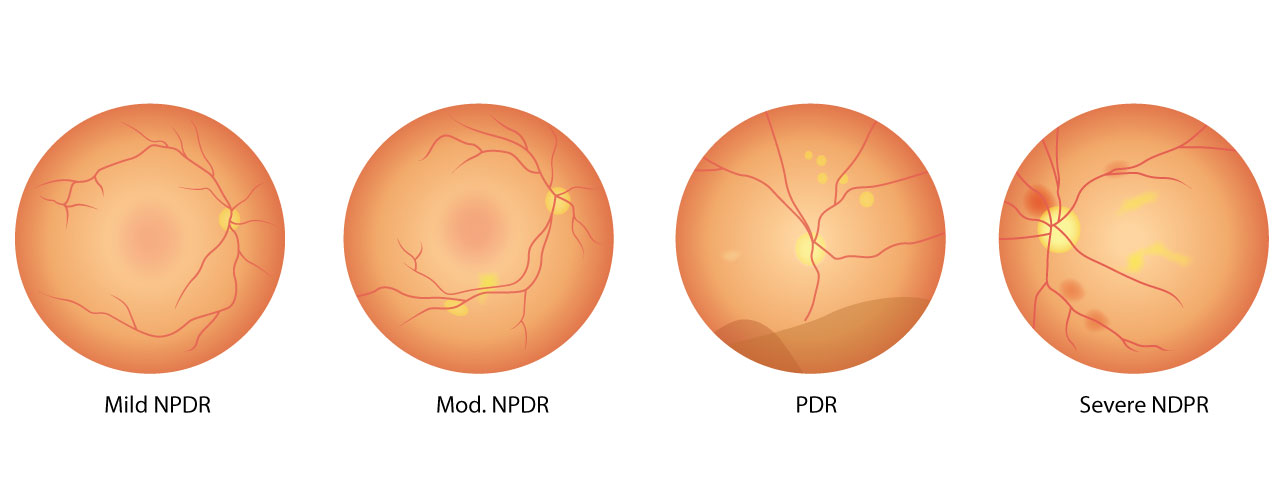
Diabetic retinopathy is an eye condition that is caused in patients suffering from diabetes. It causes damage to the blood vessels of the light-sensitive issues in the retina. This complication affects your vision and eyes and can have no to mild symptoms. However, when ignored can also lead to blindness. If you are wondering who can develop a diabetic retinopathy complication? Here is your answer, a person suffering from type 1 or type 2 diabetes and having less blood sugar control will more likely develop this complication. Though the symptoms are not recognizable at an early stage, they may develop across stages. Let us read a few symptoms of Bronx diabetic retinopathy:
Blurred or Distorted Vision
One symptom of diabetic retinopathy is blurred vision. If you are facing difficulty in seeing things clearly or noticing double or hazy images, then it might be a symptom of diabetic retinopathy. It is more likely in patients who suffer from diabetes, thus you can visit an ophthalmologist and get checked.
Color blindness
Diabetes retinopathy also causes color blindness. In case you have started seeing faded vision suddenly and are a patient of diabetes, there are likely chances that you have developed diabetic retinopathy. It will either cause color confusion or a faded view of colors.
Fluctuating Vision
Have you ever felt dizzy? If yes, then you understand what fluctuating vision is. It is when you cannot focus and feel like your head is spinning. Patients suffering from diabetes can develop fluctuating vision symptoms as a result of diabetic retinopathy.
Dark spots or vision loss
A severe symptom of diabetic retinopathy is vision loss. It may begin as a dark spot appearance in your vision area and then suddenly lead to complete vision loss. If you are noticing black empty areas while seeing something, you must visit an ophthalmologist.
The best way to prevent such complications from occurring is to take control of your blood sugar level and manage your diabetes efficiently. Maintain your diet and follow the instructions and precautions provided by a doctor. In addition, visit an ophthalmologist every year for an examination of your eye and retina health. Well, now you are also aware of the symptoms that you should consider as an early sign of diabetic retinopathy, and when you should see a doctor. In summary, contact an ophthalmologist right away if you are noticing any vision changes or sudden discomfort in your eyes.





